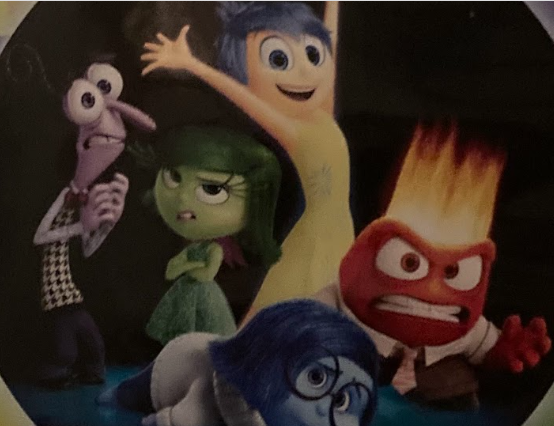Why Should You Watch Squid Game?
November 4, 2021
Squid Game is a show set in South Korea. It follows a bunch of people who are in massive amounts of debt. These people are asked by a man at a train station to play a game called Ddakji. The people will play this game for money when they win, but if they lose they have to give the same amount of money they would win back to the man. Seeing as none of them had money to give to the man he says, he will slap them and that round of debt would be paid. When the player decides they are done playing the game, the man says there is a way to earn more money just by playing games like this. He gives them a card and it is up to them to call or not. The people who call are taken to an island where they play a series of six games. They soon learn that if they make a mistake during the game, they die. For every person that dies, that is 100,000 won added to the piggy bank. The last player standing wins the game and wins all the money. In this case there are 456 players so the winner would be walking away with 45.6 billion won, which would be $38.6 million dollars in U.S currency.
You should watch Squid Game because it is a show that constantly keeps you thinking about what could happen next. Though the show has a lot of gore, it has a tone of very serious issues and a lot of very important underlying themes. An example of this is going crazy for money. In the show the Sang-woo (player 218) slowly starts going crazy and becomes a ruthless man all for the money. We see this when he betrays Ali (player 199) in one of the games after creating a close bond with him. Another example of an issue we see is the debt problem that’s going on in Korea. We see this by how many players signed up for this game to win the money and even after they left most people decided to go back because they needed the money. They had known that they could die, but they had rather die than live and have to suffer with the amount of debt they had for the rest of their life.












